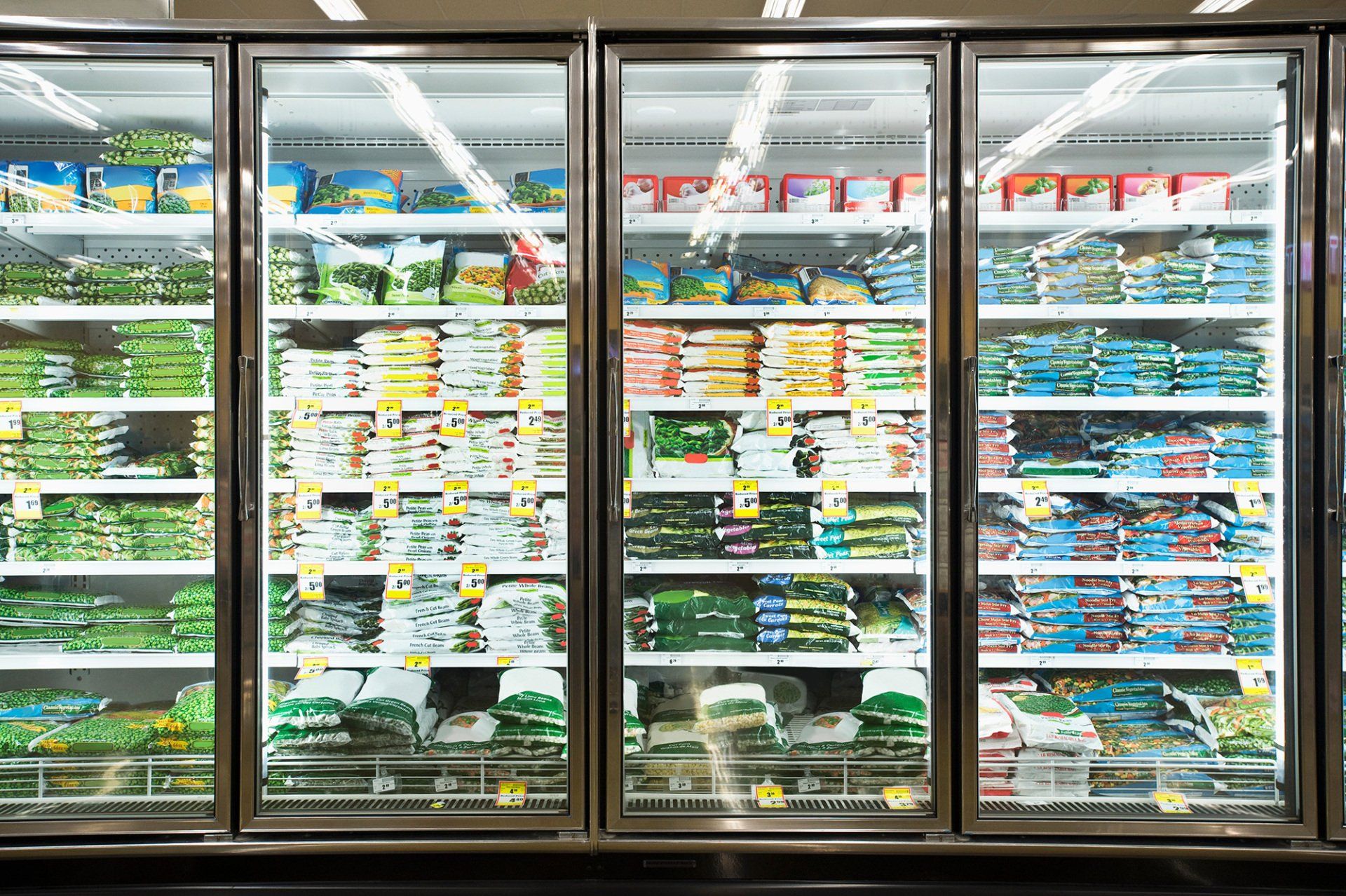- Since 1946 -
FOOD waste disposal specialists
- Family Run Business -
- We Are Specialists -
- 24/7 Availability -
About Nuth Brothers
Whether it's anywhere from a school to a fast food restaurant, hygiene is always a priority and that means the consistent and safe disposal of waste. That's where we come in. At Nuth Brothers in Iver, we operate a professional waste disposal service for businesses and public institutions all over the region. Originally established as a pig farming venture in 1946, we eventually diversified into waste disposal over the years. To enquire, get in touch today.
* NEW commercial UK Food Waste Legislation will be in place from 31st March 2025! *
Foodservice businesses will need to store waste food in separate bins and arrange for collection by licensed waste carriers
Is your business prepared? Nuth Brothers can help - get in touch today
A leading food waste disposal solution
Our team at Nuth Brothers provide a comprehensive food waste disposal service and we do so across a wide area, incorporating: Greater London, the London fringes, Slough, Hampshire, Surrey, Berkshire, Buckinghamshire, Hertfordshire and South Oxfordshire. We do everything the right way and to a consistently high standard which is why we currently hold a Waste Carriers Licence and why we've been providing our services for 75 years! With 24/7 availability and given that we're an eco-friendly solution to waste disposal, we're a professional and environmentally-friendly solution. See an overview of our services below!
FAQs
Landfill facts
FACT 01
The UK produces the highest amount of food waste in Europe.
FACT 02
40% of food waste in the hospitality industry is carbohydrates.
FACT 03
The collation and transportation of food waste to landfill sites emits the same carbon pollution as 39 million passenger vehicles.
FACT 04
The UK produced approximately 9.5 million tonnes of food waste in 2018.
FACT 05
The UK Government plans to make the annual reporting of food waste by food businesses a legal requirement.
FACT 06
Three banana skins can produce enough energy to power a hair dryer for 1 minute.
FACT 07
The breaking down of 1 tonne of food waste can produce approximately 300kwh of renewable energy.
FACT 08
The average daily electric usage for a UK home is 8-10 kwh per day.
Dispose of waste responsibly with Nuth Brothers. To enquire, call our team now on
Phone
Alternative number









